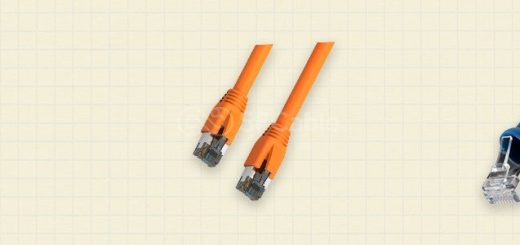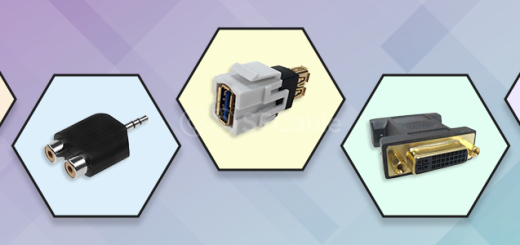Active Adapter or Passive Adapter: Which to Use for DisplayPort to HDMI Conversion?
DisplayPort to HDMI adapter is less expensive. But, if you see the other way around i.e. HDMI to DisplayPort adapters then they are costly.
Why?
Because they require active adapters instead of passive adapters.
Let’s understand what’s inside these adapters and converting the DisplayPort to HDMI is easy:
HDMI and DisplayPorts were created by two different consortiums and serve different purposes. HDMI cables were created for displays like HD TVs, projectors, etc. On other hand, DisplayPorts are useful for video sources like AV receivers, computers, etc.
DVI, HDMI, and DisplayPort:
First talking about similarities between DVI and HDMI connectors. HDMI was created as a descendant of DVI and they both were the same at the beginning. They use technology named TMDS (Transition Minimized Differential Signaling) to transfer data.
With the help of a simple connector type adapter you can switch from DVI to HDMI and vice versa. You can do this to the single link DVI which supports resolution up to 2048 x 1200.
If the resolutions are above HD, then high speed HDMI converts to dual link DVI. Hence, it’s better to use an active adapter. Remember, HDMI supports digital audio whereas DVI supports only video standards.
If you are using audio and video then you can either use a DisplayPort to HDMI adapter or connect the audio to the display in a different way i.e. using a headphone jack.
On the other hand, DisplayPort uses another signal type technology and a low level cable voltage.
How to translate using DisplayPort Dual Mode?
It uses the simple adapter named DisplayPort Dual Mode or DP++. It’s an optional feature and available on most consumer device video cards. Usually, you can find DP++ logos on the device but because it’s widespread now consumer products don’t mention the logo.
Working:
When a DP++ device detects an HDMI adapter attached to it, the graphics card or graphical processing unit (GPU) automatically translates and sends HDMI – TMDS signals via video output.
The pins of the DisplayPort are connected to HDMI connectors this makes the transition simpler. It is an easy plug and play and does not need any driver to work. Further, if you want to connect multiple DVI or HDMI monitors to DisplayPort output, you will require an active adapter or splitter as well.
Graphics card does not support DP++ output if it’s multiple monitors. In such scenarios, check with customer service of the graphics card manufacturer for the type of adapter that fulfills your requirements.
Coming back to HDMI to DisplayPort conversion
HDMI cables do not support force signal translations in GPUs. Hence, we need an adapter with some computing power which computes at the connection. This is one of the major reasons to use an active adapter.
When we convert DP++ it means that every screen or a projector should have an HDMI interface? No, it does not because it’s better to connect devices using the same protocols.
Firstly, the voltage level shifter circuit should pose a restriction on the speed of the adapter. New adapters become available whenever you increase the bandwidth, but you need to buy the appropriate model. however, this applies only to single link DVI connections because dual link DVI signal needs 25 pins. And so you cannot transmit from the DisplayPort connector using a passive adapter.
Hence, you need to go with an active adapter to make all the complex translations. Remember that DP++ is not available on DisplayPort alternate mode over USB-C. So, if you are using USB-C you’ll need an active adapter to connect to the HDMI display.
Final words:
I can understand conversion from DisplayPort to HDMI cables can be difficult. In such times, active adapters will help you to overcome these conversion problems. So, whenever you are confused between which types of adapter to choose, opt for an active adapter.


